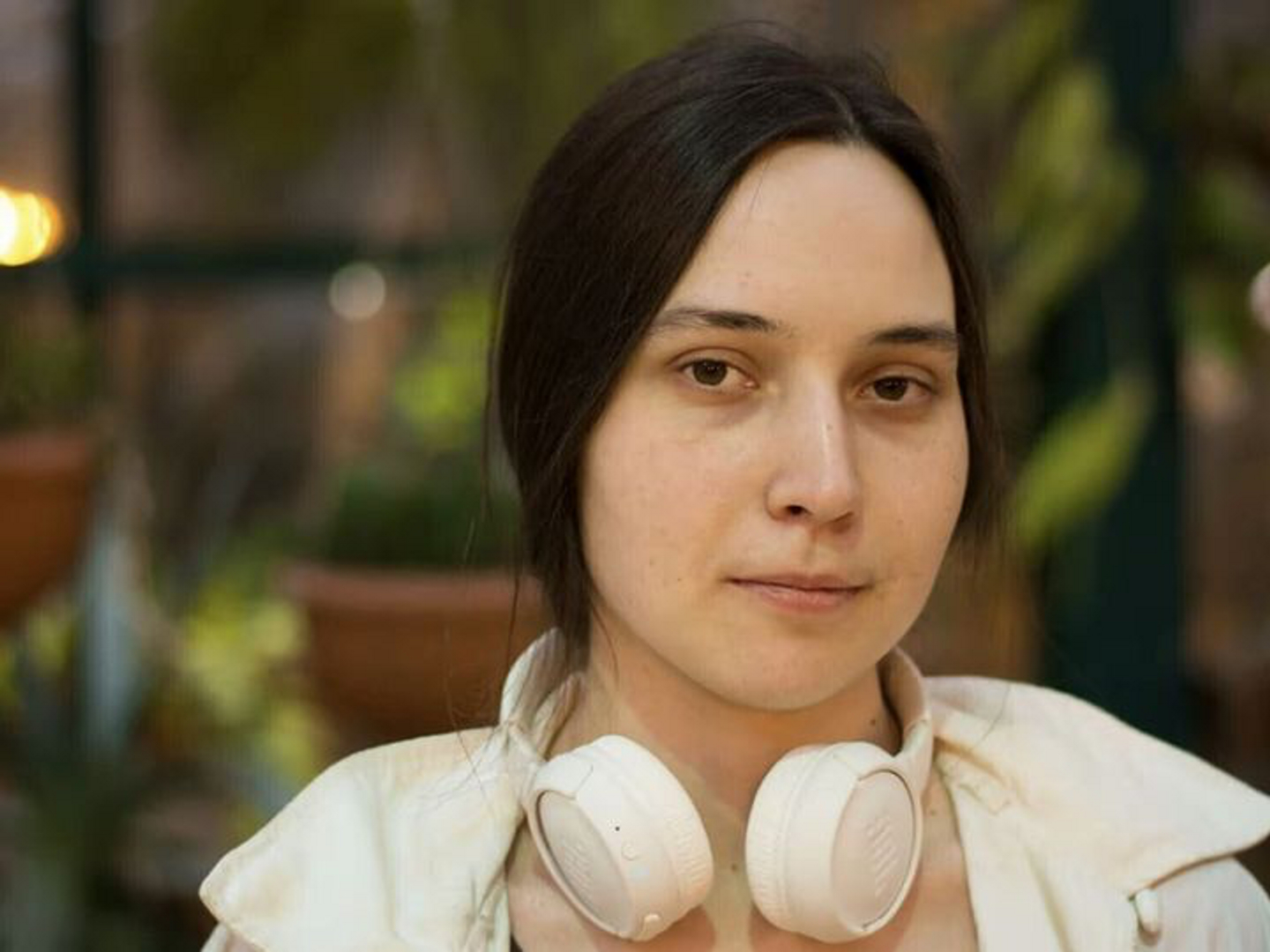
Kseniia Petrova, a Russian-born scientist who until recently worked as a researcher at Harvard Medical School. Photo: Polina Pugacheva via AP
Chief judge Christina Reiss of the U.S. District Court in Vermont has allowed Kseniia Petrova, a Russian researcher working at Harvard Medical School, to be released on bail while her case is being reviewed, The New York Times reports. The judge called the case “extraordinary and novel” and described the actions of U.S. authorities against Petrova as unlawful.
Judge Reiss ruled that a customs officer acted improperly when he revoked Petrova’s visa at Boston Logan airport after she failed to declare frog embryo samples intended for scientific research. According to Judge Reiss, the evidence available indicated that the samples Petrova brought into the country were “entirely non-hazardous, non-toxic, non-living, and posed no threat to anyone.”
“There does not seem to be either a factual or legal basis for the immigration officer’s actions” in stripping Ms. Petrova of her visa on Feb. 16, the judge said in a court hearing.
Reiss also noted that Petrova’s life and well-being would be at risk if deported to Russia — a deportation that the U.S. Department of Justice had formally sought.
According to The New York Times, it remains unclear when the U.S. government will permit Ms. Petrova’s release on bail or whether it still intends to proceed with her deportation to Russia.
The case has drawn high-level attention from officials in the Trump administration, which took the unusual step of intervening earlier this month after Judge Reiss signaled her intent to release Petrova on bail. Just hours after that hearing, the Department of Justice unsealed felony smuggling charges related to Ms. Petrova’s failure to declare the scientific samples. She was arrested and transferred to the custody of the U.S. Marshals Service in Louisiana, where she remains.
As noted by The New York Times, Ms. Petrova’s next opportunity for release will come after she is moved to Massachusetts to face the smuggling charges. However, the government has also filed an immigration detainer, meaning that if a judge grants her bail in the criminal case, ICE could still take her back into custody.
Petrova was detained at Boston Logan Airport after border agents found a box of clawed frog embryos in her luggage, which she brought from France at the request of her academic advisor, Leon Peshkin. During questioning, Petrova reportedly stated she was unsure whether she needed to declare biological materials when entering the U.S. She had traveled to France to visit friends and attend a concert.
Petrova detailed her story in a guest essay published in The New York Times. She explained that she left Russia after being arrested for protesting against the war in Ukraine and found “a paradise for science” at Harvard Medical School in 2023. She stressed her fear of being persecuted in Russia due to her political beliefs, as she had previously made Facebook posts advocating for the impeachment of Vladimir Putin.
“After I was arrested for taking part in a protest, I fled the country, knowing that I could not continue to live or work as a scientist there,” Petrova wrote.